Work in Progress
This section is under development. Stay tuned!

This section is under development. Stay tuned!

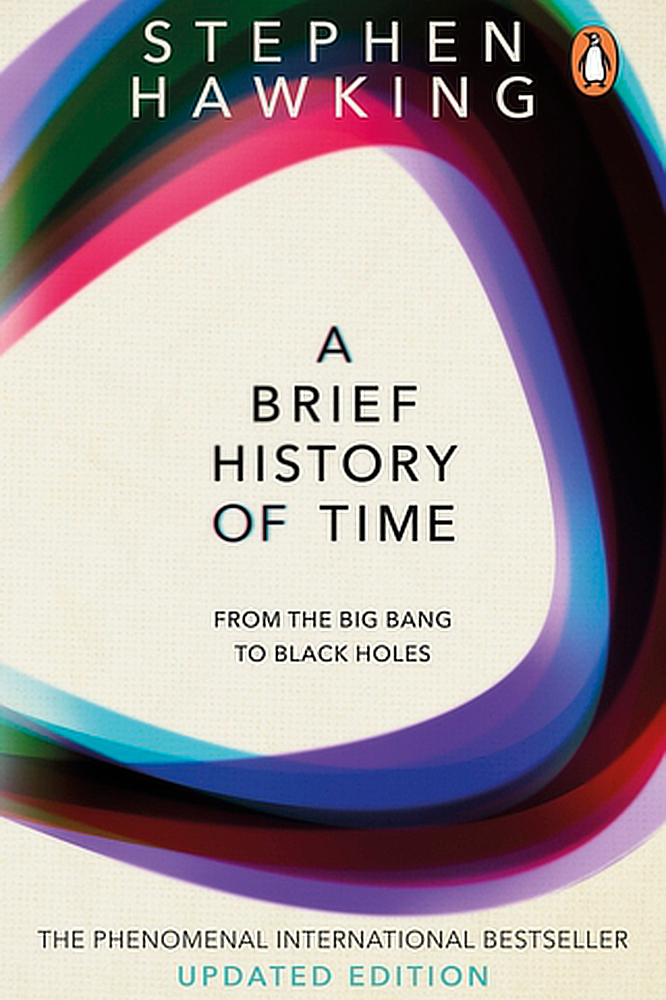
I read this book when I was 12, so a lot of it only clicked later on. I remember feeling comfortable with the first chapter and falling straight into unknown territory. The most memorable part was when he was talking about Hawking's radiation and mentioned that even something like a black hole is not perfect and emits light. In general, the astrophysical part and Einstein's relativity kept me dreaming, as the quantum aspect was still too bizarre for me at that time, especially with the vocabulary barrier, as my physics lessons were in French. This book was an excellent introduction to the history of physics and what was to come in my later studies.
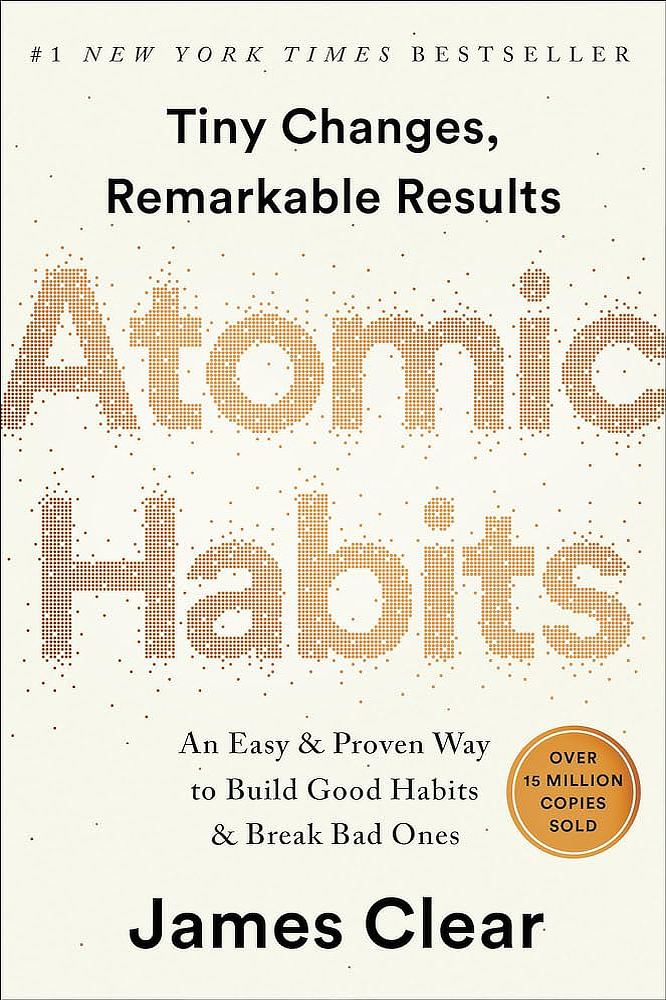
This book was a nice recap of all the good things to do to make habits and lead a productive life. Surprisingly, I found that I already did most of what the book said naturally. However, I did learn how malleable the human brain is and how much individuals can be influenced by others.
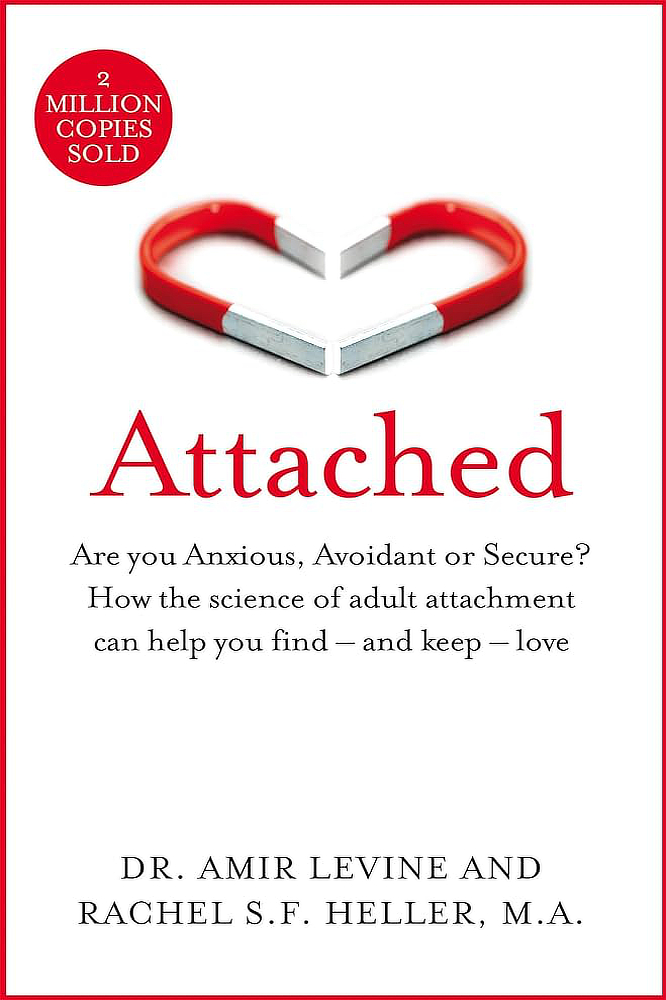
I read this book because I am interested in human psychology. What I enjoyed most were the clear examples of communication, which apply in a more general context than relationships. However, while I understand the practicality of classifying and categorising human behaviour, it can lead astray, especially for individuals who do not find themselves in a category or identify too much with one. While I think these are essential tools for psychologists, I wonder if they are relevant to individuals.
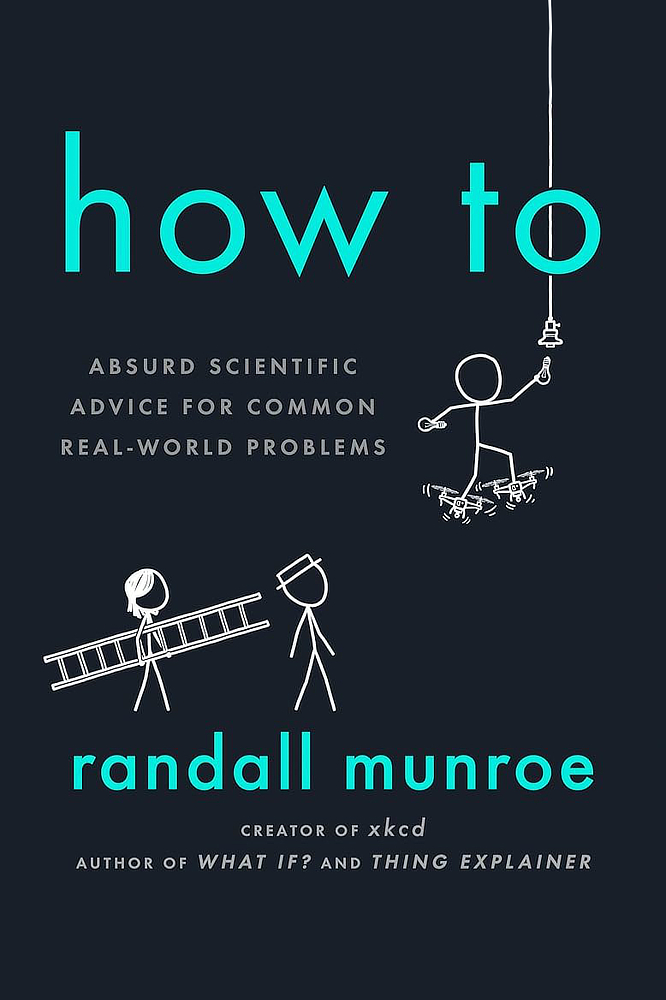
I bought this book mainly to pay my tribute to Munroe for his work in making physics accessible and for making physics comics fun for all! His book was very well made, and I even learnt a thing or two, though I would have enjoyed it more if it was in metric units rather than pesky imperial units.

I read this book before high school. It helped me grasp an intuitive sense of what was going on at the
atomic level; I found a lot of it quite reassuring, as nothing appeared incomprehensible to me. The
author made the theory seem complete; now I know there are clear limits.
I loved the idea that in quantum physics, a pot never boils if you look at it. Looking at a radioactive
isotope causes it to snap into a state, as there is no in-between state; it either is decayed or not
decayed.
This experiment shows that we don’t truly understand the nature of quantum particles, as we still have
no way of measuring them without affecting them.
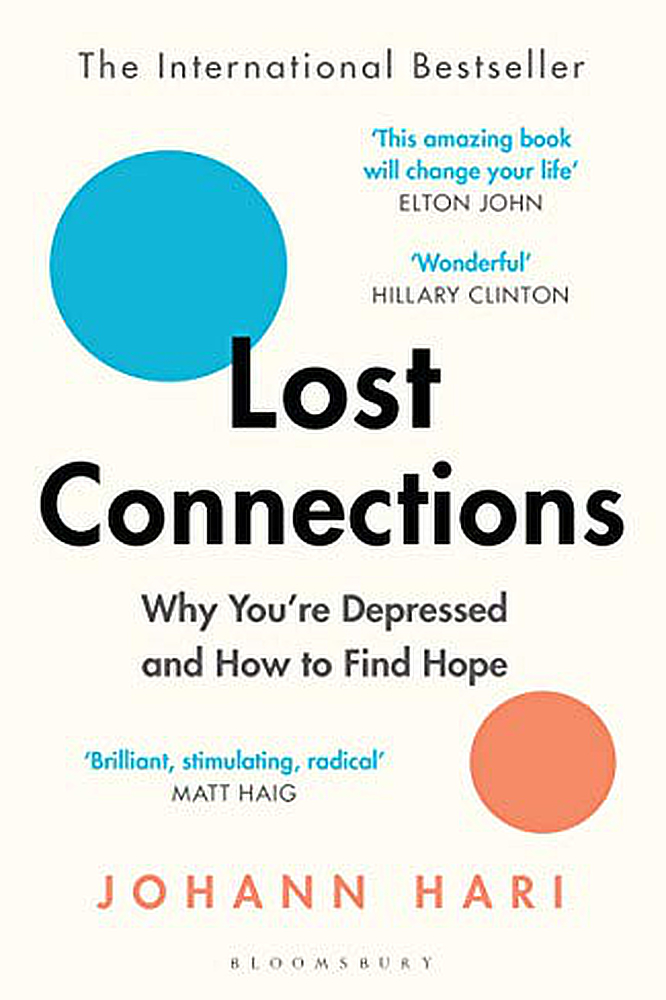
Even when not depressed, I find this book insightful on human behaviour. While the tools described in the book are meant for specific cases, many can be adapted and turned into helpful guides to make yourself or others happier or more resilient.
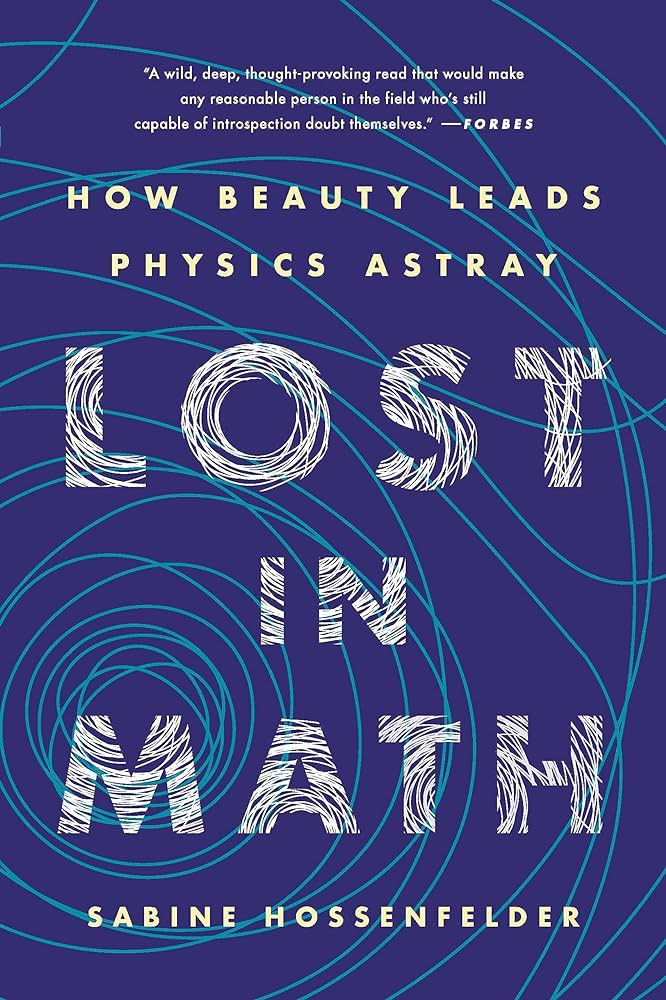
Sabine's point of view is very insightful. It shows the hidden disarray in the physics community,
specifically in particle physics, by challenging the overreliance on aesthetic criteria like symmetry
and elegance in theory building. This book helped me develop a more critical perspective on the current
state of physics, emphasizing the importance of grounding theories in experimental data. In other words,
I want to build a theory that replicates the data first and then introduces new physics. Still, for now,
there has to be a better solution than solving every equation of the standard model numerically.
Sabine's critique highlights the need for a more pragmatic and evidence-based approach to theory
development. This approach can lead to a deeper understanding of nature's complexities without being
constrained by subjective notions of beauty.
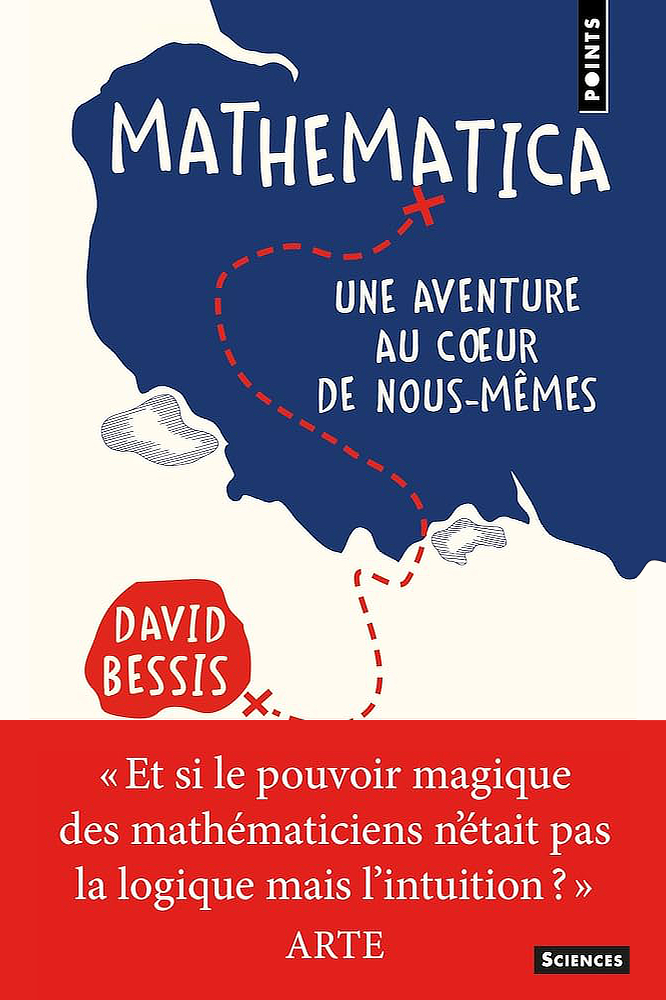
I really enjoyed the tone of this book. The author doesn't pretend to be this all-knowing teacher; instead,
he admits that while he doesn't see any, there might be mistakes in his book.
It was refreshing to see how he portrays Mathematics as something not only attainable but mainly just a
matter of perseverance.
My favourite part was when he described going to a math presentation and coming out of it with no one
understanding anything. He goes on to describe that this is a mathematician's life: not understanding and
struggling until you do, but he also clarifies that if something is irrelevant to your area of study, there
is little point in labouring to understand everything.

It is a fantastically researched book that makes you question the fundamentals of society and religion.
This book specifically taught me the absurdity of finance.
I found his point that physics is guided by market interest and that while science is vital for market
growth, scientists do not choose which direction science takes quite unfortunate. Science requires funding,
and funding depends on interest, often driven by those who do not fully understand science. Furthermore,
profitability is never a guarantee when doing scientific research.

This collection of accounts from different scientists, some even teachers at my university, the University of Manchester, was one of the best ways Greta could have used her influence. This book gives you optimism for the future and humanity while also recognising that the challenges ahead are still enormous. Being informed and taking action on the climate is not just important; it's our responsibility in our current society. This book motivated me to continue my efforts and double down on them. Remember, if by 2030, our(global north) emissions are not nearly down to 0%, there is little to no chance for a future without struggle, death, and conflict.
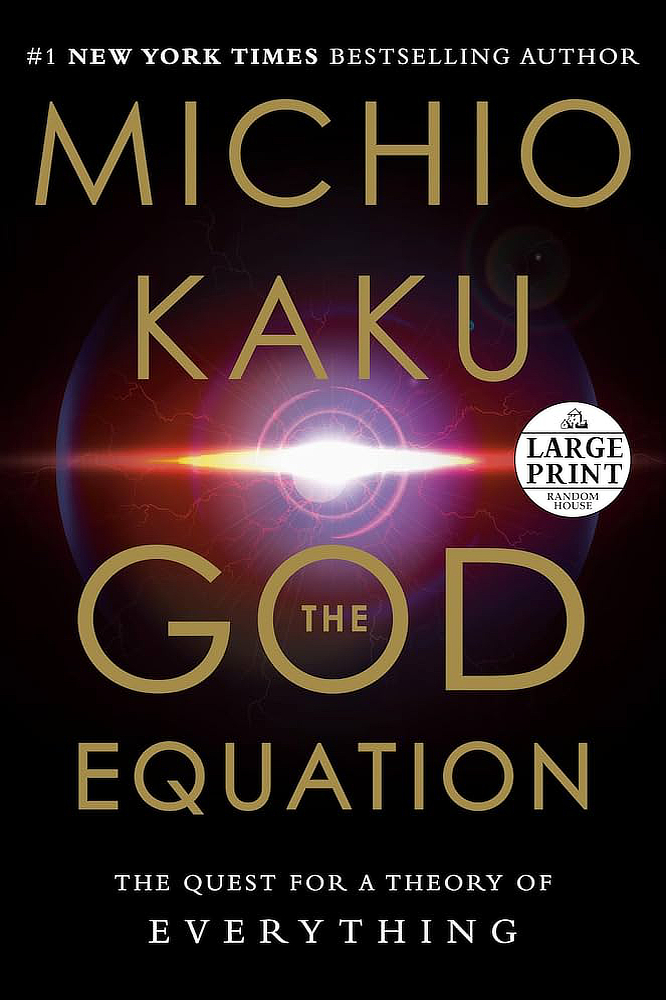
This book was fascinating as a kid. String theory now feels more like an abstract mathematical exercise than something that will one day be useful because, in my opinion, the most critical part of a theory is that it can be tested and used for predictions. We are nowhere near finding a way to prove it, and as Penrose correctly points out, it has the wrong dimensions to begin with. I do, however, think that this book showed me the perseverance of the scientific community in solving challenging mathematical problems and lets you consider many science fiction ideas.
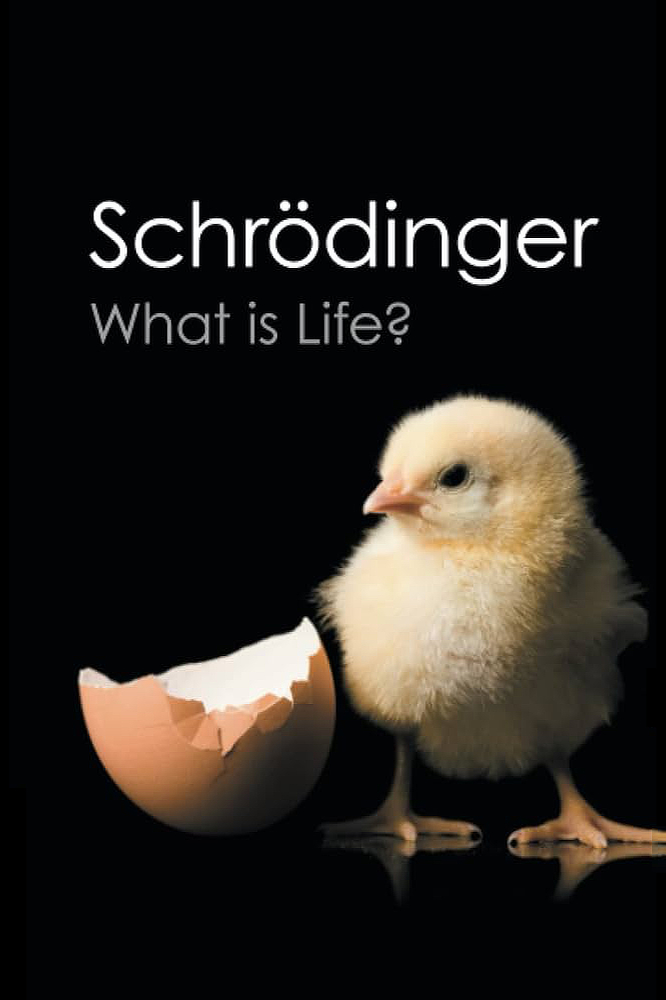
I was stunned that the man who transformed quantum physics into mathematics, formalising the wave equation,
expressed hope that quantum mechanics might one day become deterministic. I realised that there is no
fundamental truth in physics, just models, and our current understanding will change and be reinterpreted,
so we shouldn't cling too much to it.
I found his argument about the objectivity of science being problematic, as we are subjective beings, very
pertinent.
Schrödinger is incredibly efficient in his thinking, and his book opened my eyes to ways of thinking and
problems I hadn't considered. Specifically, he disregarded animal consciousness because we cannot prove
it with our current technology. I think it's an important reminder not to make untestable hypotheses, like
the multiverse.